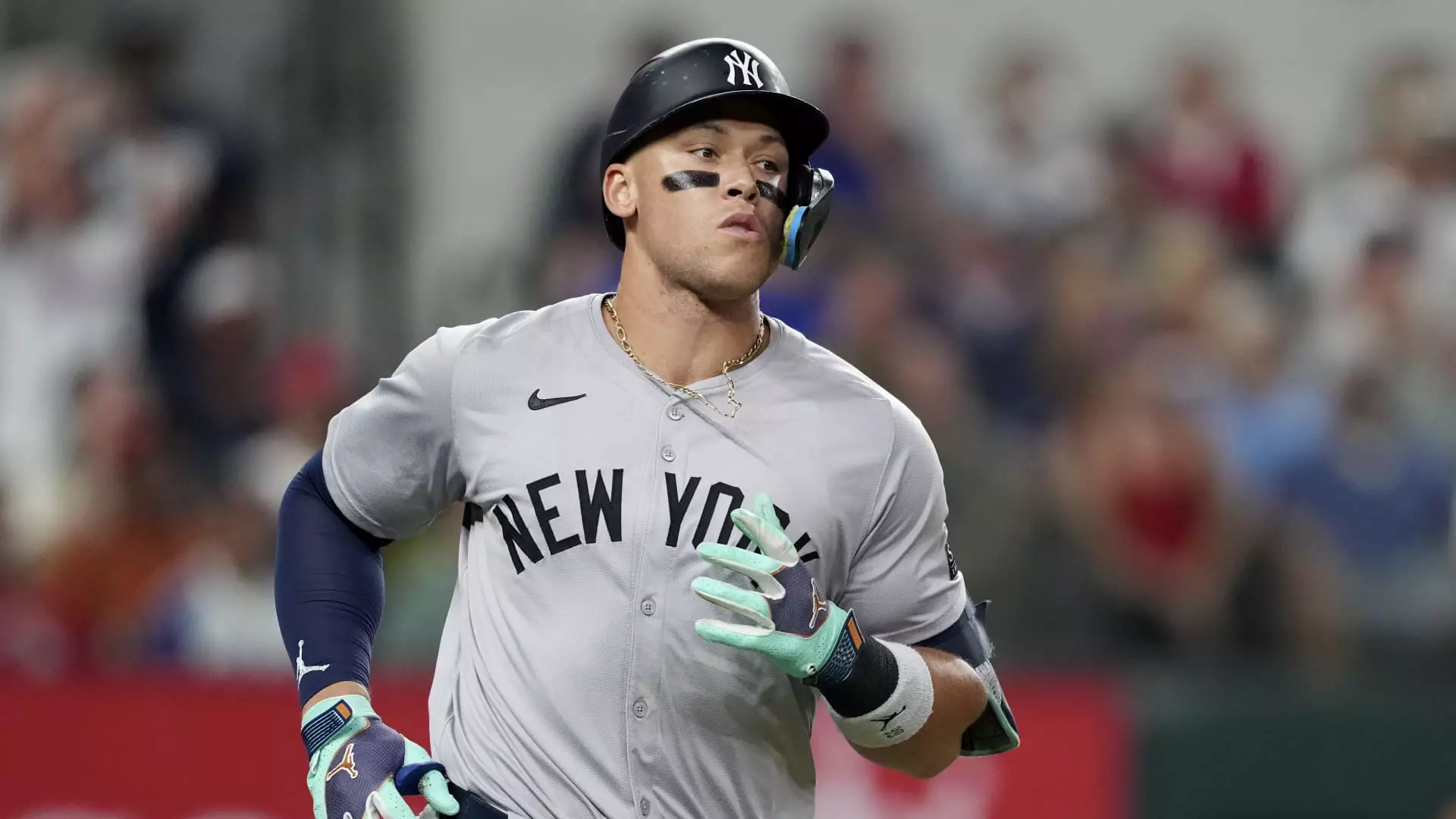As Major League Baseball (MLB) steams into the 2024 postseason, the buzz among fans is palpable. The National League Championship Series (NLCS) showcased an unprecedented average of 8.26 million viewers during its opening game between the New York Mets and Los Angeles Dodgers, a number that marks the highest viewership for a League Championship Series (LCS) game since 2009. This surge is particularly noteworthy considering the barrage of competition from both “Sunday Night Football,” which featured all three of New York’s NFL teams, and other sports broadcasts. The American League Championship Series (ALCS) also displayed strength, with its inaugural game drawing 3.9 million viewers—a modest yet significant 4% increase from the previous year.
The Division Series that preceded the championship bouts set a strong stage for this postseason surge, as they averaged three million viewers—a substantial 20% rise compared to 2023 figures. This upswing in viewership not only highlights the current popularity of the sport but also suggests a potential revitalization of interest among fans, countering the long-standing narrative that MLB is losing cultural relevance.
Challenges and Opportunities in MLB’s Landscape
Despite this optimistic view of increased viewer engagement, the league has faced scrutiny over the years regarding its appeal to younger audiences. A pervasive concern is that MLB struggles to resonate with Gen Z and younger Millennials, who have developed a tendency to favor fast-paced, digestible content—traits often found in social media highlights rather than traditional game broadcasts. For instance, the 2023 World Series suffered from abysmal ratings, partly attributed to the lack of national appeal from the competing teams. This ongoing challenge calls for strategic adjustments within the league to reclaim its cultural relevance.
MLB’s proactive approach has included introducing several rule changes aimed at increasing action during games. These changes, such as the pitch clock, larger bases, and limits on defensive shifts, have been enacted with the hope of creating a more dynamic viewing experience. Consequently, the average game length has been reduced, allowing fans to enjoy more of the game in less time—a vital factor in preserving interest among an audience that increasingly gravitates towards brevity.
Generational Stars and Their Impact
One cannot discuss the current pulse of baseball without acknowledging the impact of its generational stars. Players like Shohei Ohtani and Aaron Judge have captivated fans not just for their respective performances but also for their roles in their teams—Ohtani with the Dodgers and Judge with the Yankees. Their presence enlivens the postseason narrative, especially through the potential clash of the two storied franchises in the World Series, should both teams advance. Eldridge Industries CEO Todd Boehly aptly emphasized the historic significance of such a matchup, suggesting it could symbolize a golden age for baseball.
In addition to the burgeoning stars, other teams hold compelling stories that captivate viewers. The Mets displayed resilience with a remarkable turnaround sparked by unique moments, such as a McDonald’s mascot, Grimace, throwing out a first pitch. On the other hand, the Guardians clawed back from a late-season downturn, revitalizing their competitiveness chiefly thanks to star player José Ramirez. Such narratives resonate with fans, adding layers of interest beyond just the players’ stats.
MLB’s current trajectory indicates a promising future. The combination of increased viewership numbers, innovative changes to game play, and star power all signal a vigorous and ardent fan engagement. As the postseason unfolds, it aims not just to entertain but to bridge gaps with younger audiences who are essential for its long-term preservation and prosperity. With historic rivalries simmering and narratives rich in drama, MLB’s commitment to evolving its approach may ensure it remains an enduring hallmark of American sports culture for generations to come.

